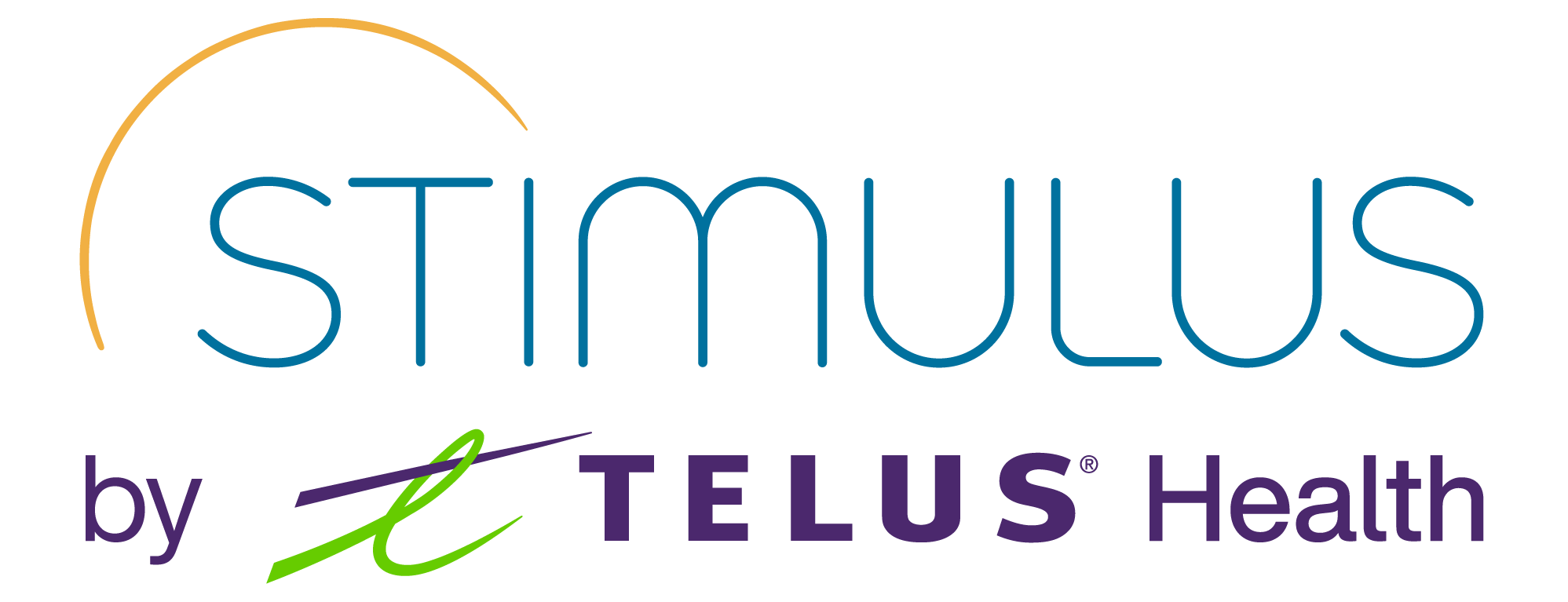Mental Health First Aiders in the Workplace

Mental Health First Aiders in the Workplace –
Stabilizing Support in Everyday Work and Crisis Situations
In an increasingly complex and fast-paced work environment, mental health is becoming an ever more important focus. Stress, overwhelm, and psychological strain are no longer exceptions, they are the reality for many employees. Companies therefore have a responsibility not only to ensure physical safety but also to promote psychological well-being. A central role in this effort is played by mental health first aiders – specially trained employees who serve as the first point of contact for colleagues experiencing emotional distress.
Who Are Mental Health First Aiders?
Mental health first aiders are not psychotherapists or physicians, but trained colleagues who can provide initial support in challenging situations. They are trained to recognize symptoms of psychological strain, engage in empathetic conversations, and help stabilize those affected until professional help is available. Their role is comparable to that of physical first aiders, but focuses on emotional well-being.
Responsibilities and Role in the Workplace
Mental health first aiders have a preventive, supportive, and referral role within the organization. Their main responsibilities include:
- Early Detection of Psychological Stress: Through their trained awareness, they cac recognize behavioral changes in colleagues that may signal stress, overwhelm, or other mental health concerns such as withdrawal, irritability, lack of motivation, or noticeable fluctuations in performance.
- Low-Threshold Conversational Support: They create a respectful and trustworthy environment for conversation, practice active listening, and demonstrate understanding.
Example: Mr. Schmidt is feeling increasingly overwhelmed by work pressure and a heavy workload. He struggles to relax after work and knows he needs support but finds it difficult to take the first step. Upon learning that Ms. Müller serves as a mental health first aider in his company, he reaches out to her. Ms. Müller arranges a conversation in a safe and private setting, listens attentively, asks thoughtful questions, and supports Mr. Schmidt in reflecting on possible next steps. She informs him about available support services and remains accessible should he need it. - Emotional Support: In acute situations such as after a traumatic event, instances of workplace bullying, or personal crises, mental health first aiders offer comfort and guidance, without providing therapy themselves.
- Referral to Professional Support: Mental health first aiders are familiar with internal and external support networks (such as occupational health services, psychologists, and external counseling centers) and can help direct employees to the appropriate resources.
- Support During Crises: In the event of traumatic incidents such as workplace accidents, suicide attempts, or deaths, they take on organizational and supportive tasks, assist with immediate emotional stabilization until professionals arrive, and help alleviate the burden on managers.
Example: After an accident at work, an employee, Ms. Wagner, is in a state of shock. Mental health first aider Ms. Müller, who has been vetted for psychological resilience and completed comprehensive training, quickly recognizes the critical situation. She approaches Ms. Wagner gently, brings her to a calm environment, and offers reassurance through steady, empathetic communication. Feeling safer, Ms. Wagner is able to calm down and articulate her thoughts. Ms. Müller assists her in considering next steps, such as contacting family members or seeking additional support services.
Psychological Stability as a Prerequisite
As vital and impactful as this role is, it can only be performed effectively by individuals who themselves are psychologically resilient and stable. A thorough suitability assessment beforehand is therefore highly beneficial. Not everyone is suited for this level of responsibility. Mental health first aiders must be able to listen to distressing stories, recognize their own limits, set appropriate boundaries, and still act with empathy and care.
Ideally, suitability is assessed through a psychological evaluation, such as a questionnaire screening. Equally important is ongoing reflection and supervision during their time in the role in order to prevent emotional overload.
The Added Value for Companies
Employing mental health first aiders brings numerous advantages for companies. First, it creates a low-threshold support system, making it easier for employees to seek help early on, often before professional intervention becomes necessary. Early detection and mitigation of psychological strain can help reduce sickness-related absences. Additionally, it fosters greater awareness and destigmatization of mental health issues, a cornerstone of modern corporate culture. In acute crisis situations, mental health first aiders provide valuable emotional support, help stabilize those affected, and relieve the burden on managers and teams. Their presence strengthens the overall psychological resilience of the workforce. Through this preventive and supportive structure, companies can create stable, healthy working conditions that allow employees to realize their full potential – even during difficult times.
Conclusion: A Key Pillar of Modern Workplace Culture
Mental health first aiders are far more than just a “nice-to-have” feature in a company – they are a strategic component of comprehensive health management. Through their commitment, they build a bridge between employees in distress and professional support services, offer emotional stabilization, and help ease the strain on the organization as a whole.
For companies, this means they are not only investing in the health of their workforce but also in their own long-term viability. Because only those who take mental health seriously can create a work environment where people can fully thrive – even in challenging times.
